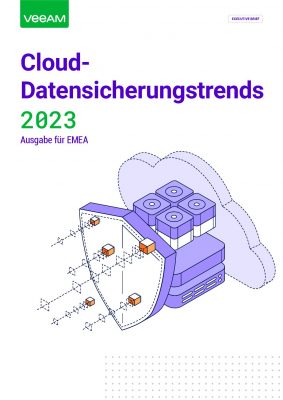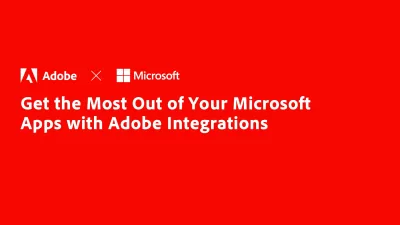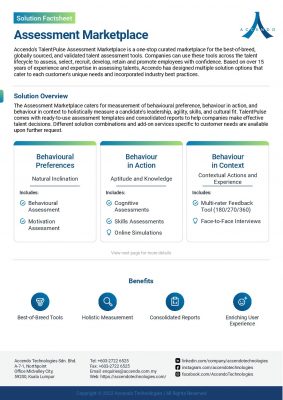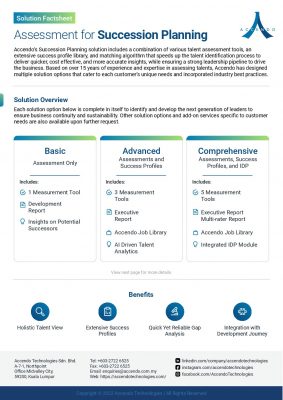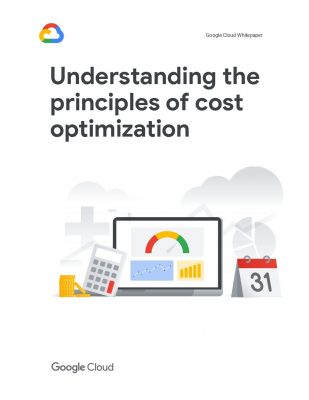Highlights:
- Cross-Cloud Interconnect simplifies multicloud connectivity for Amazon Web Services, Microsoft Azure, Oracle Cloud Infrastructure, and Alibaba Cloud by reducing hardware and costs.
- Cross-Cloud Interconnect, as explained by Muninder Sambi, vice president and general manager of networking at Google Cloud, will enable developers to utilize Google Cloud Platform infrastructure while operating distributed applications across public clouds.
Google LLC recently announced an expansion to Cross-Cloud Interconnect, which offers a secure, high-performance network enabling enterprises to connect any public cloud to Google Cloud.
As more businesses adopt hybrid and multicloud distribution for their applications, they encounter connectivity issues as they construct and operate services and communicate with clients. With software-as-a-service workloads, unifying and managing infrastructure across multiple clouds can become increasingly burdensome.
Cross-Cloud Interconnect offers a simplified configuration that minimizes hardware and reduces overhead so businesses can establish connectivity across multi-cloud environments for Amazon Web Services, Oracle Cloud Infrastructure, Microsoft Azure, and Alibaba Cloud more efficiently. Based on customer demand, additional assistance is intended for more providers.
This service enables engineers to host SaaS in a multi-cloud environment, run applications on multiple clouds, and migrate workloads from one cloud to another with fewer configurations and outages.
Cross-Cloud Interconnect, as explained by Muninder Sambi, vice president and general manager of networking at Google Cloud, will enable developers to utilize Google Cloud Platform infrastructure while operating distributed applications across public clouds.
Muninder Sambi said, “You can have your web applications in any cloud provider while also using Google Cloud Platform native services such as Spanner, Storage Buckets, BigQuery, or many others.”
In particular, the recent increase in workloads associated with AI and ML has begun to motivate customers to distribute their applications across multiple cloud environments that are optimal for their applications. Cross-Cloud Interconnect enables the delivery of Google’s artificial intelligence and machine learning services, including novel virtual machines and AI tools, to other cloud providers.
Sambi said, “We’ve also seen a big group in AI workloads. We have to realize that in a multicloud world applications are of different types, and every customer has a very different journey into the cloud. AI and ML networking fundamentally change what is needed, such as high bandwidth, and you need low latency when you are servicing ML models and reliability for enterprise requests. Now customers can use Google’s infrastructure for training and serving models and they can then be consumed by any other cloud provider.”
Cross-Cloud Interconnect does not require new infrastructure and utilizes the same capabilities as Cloud Interconnect. There are options for 10-gigabit-per-second and 100-gigabit-per-second speeds. Customers can also benefit from private and secure cloud-to-cloud connectivity, a 99.9% reliability standard, and the assurance of a significantly reduced total cost of ownership.
Customers with early access, such as supermarket giant Walmart Inc. and video technology platform Pexip AS, have already been utilizing the platform to develop their applications.
Gerald Bothello, Senior Director of software engineering at Walmart said, “We partnered with Google Cloud to leverage their global network for hybrid and multicloud networking. With Cross-Cloud Interconnect, we were able to simplify connectivity between cloud providers, shorten time to production, and reduce overall costs.”
Google also substantially improved Private Service Connect to support Cross-Cloud Interconnect, which facilitates the creation of private and secure connections between virtual private clouds and Google, its partners, or its services.
Users of Cross-Cloud Interconnect can now access Private Service Connect. Service Connection Policies have also been introduced in the preview, allowing administrators to establish policies to automate connectivity for managed service private connections. Consequently, service administrators can deploy, update, and deactivate published services connected to Private Service Connect without requiring networking tickets.
Enterprise customers with specialized requirements can access Dedicated and Partner Interconnect offerings, which provide secure and highly resilient hybrid cloud networking connectivity.










